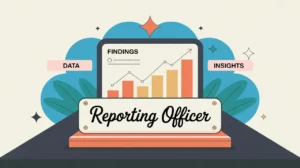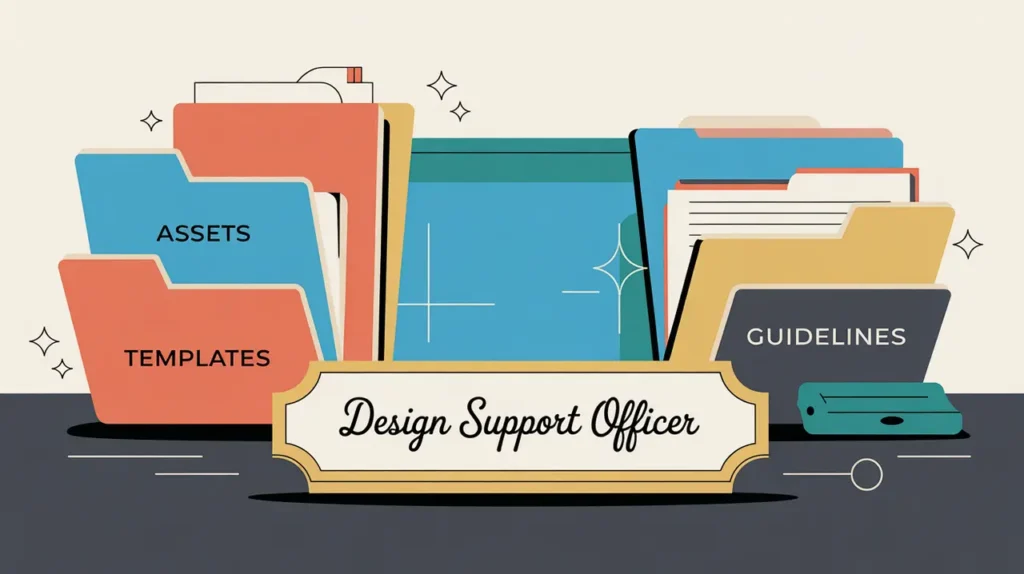What Does the Pilot Lead Role Involve?
A Pilot Lead is responsible for planning, executing, and managing pilot initiatives that test new programs, products, or delivery models before wider implementation. They design pilot strategies, coordinate implementation with internal teams and partners, oversee data collection, and assess results to inform scaling decisions. Pilot Leads ensure that pilots are well structured, aligned with organizational objectives, and produce actionable insights that shape future strategies.
In nonprofits and social enterprises, Pilot Leads play a critical role in bridging innovation and implementation. They create structured learning environments where new approaches can be tested, refined, and adapted for broader rollout.
At What Level does this Role Operate?
Mid Level: Pilot Leads typically operate with significant responsibility for managing pilot projects end to end, reporting to a Program Manager, Innovation Lead, or Director of Strategy. They may lead small teams or coordinate across multiple functions such as programs, operations, technology, and partnerships. Their role combines strategic design with hands-on execution.
Relative Employability: Pilot Lead roles are increasingly relevant in organizations pursuing innovation and adaptive delivery strategies. They are in demand in nonprofits, social enterprises, and development agencies seeking to validate new approaches before scaling.
Relative Pay Scale: Pilot Leads generally sit in the mid pay band. Compensation reflects their responsibility for managing high-stakes, time-bound initiatives, typically above officer roles but below senior strategic or program leadership positions.
What are the Key Responsibilities and Activities?
- Design pilot project strategies and implementation plans in collaboration with program and strategy teams
- Define pilot objectives, success metrics, timelines, and resource requirements
- Coordinate pilot implementation across internal teams and external partners
- Oversee data collection, monitoring, and evaluation processes during pilot execution
- Identify and address operational challenges, risks, and opportunities in real time
- Analyze pilot results and prepare reports and recommendations for leadership
- Facilitate learning processes to capture lessons and inform scaling strategies
- Support the transition from pilot to full implementation where applicable
What Core Competencies and Qualifications are Needed?
Required Qualifications and Experience
The following reflect common qualifications and experience expected for this role, while recognizing that pathways may vary by context, organization, and region.
- Relevant academic background in program management, business, public policy, innovation, or related fields
- Several years of experience managing projects, pilots, or innovation initiatives
- Familiarity with program design, monitoring and evaluation, and adaptive management approaches
- Strong coordination and stakeholder management experience across teams and partners
Key Competencies
- Strategic thinking and ability to design structured pilot initiatives
- Strong project management and organizational skills
- Analytical ability to interpret pilot data and generate insights
- Excellent communication and facilitation skills
- Capacity to adapt plans in response to real-time learning
- Collaborative mindset for working across functions and with external stakeholders
How are AI and Automation Shaping this Role?
An AI-native Pilot Lead can use AI tools to accelerate pilot design through scenario modeling, automate monitoring and data collection during implementation, and rapidly analyze pilot results. AI can identify early patterns in pilot data, flag operational issues, and simulate scale-up scenarios. Automation can streamline reporting and feedback loops, allowing Pilot Leads to focus on strategic learning and adaptive decision making.
What Career Pathways and Transferable Skills are Associated with this Role?
Pilot Leads can progress to roles such as Innovation Manager, Program Manager, Strategy Lead, or Director of Programs. Their experience in testing and scaling initiatives is transferable to roles in program strategy, operations, product development, and consulting. Over time, they may lead organizational innovation portfolios or oversee large-scale program implementation informed by pilot learnings.







